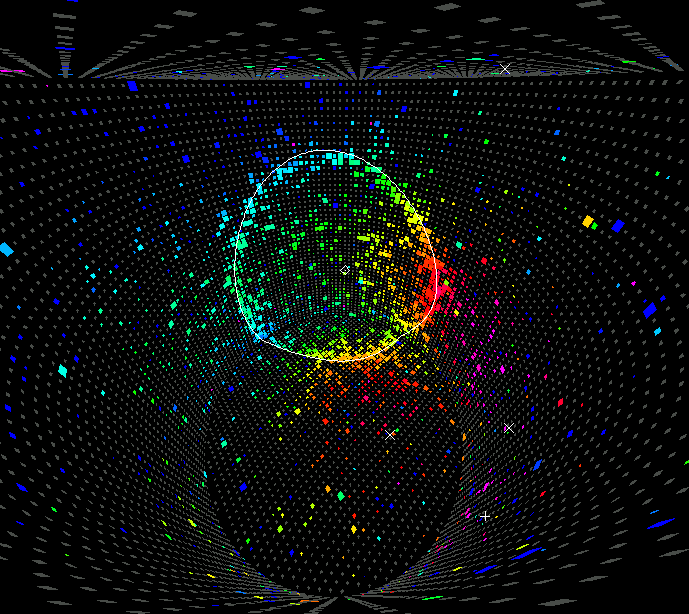 by Chuck Colson –
by Chuck Colson –
One of the most potentially exciting — or confounding — scientific discovery happened recently. It depends on your point of view.
The expression “physics envy” refers to the way that the social sciences try to emulate the mathematical precision and certainty of physics.
It’s easy to understand the envy: No one argues with Newton’s Laws of Motion. Physics is authoritative in ways that economics and even biology can never hope to be. But “authoritative” isn’t the same thing as “omniscient” — when it comes to studying creation, humility and an appreciation of mystery are indispensible
Recently, scientists at the super collider at CERN in Geneva announced that subatomic particles called neutrinos sent from CERN to Italy arrived 60 billionths of a second faster than expected.
If the measurements are correct — a big if — this would mean they traveled faster than the speed of light. Any ninth-grade science student can tell you that shouldn’t happen.
That’s why the news was, as particle physicist Brian Cox put it, potentially “a very, very big deal.” To understand why, you need to know that, in his theory of Special Relativity, Albert Einstein stated that no information or material object could travel faster than the speed of light in a vacuum.
Among other reasons, as the object approaches the speed of light its inertia increases and the object will appear, to a non-accelerating observer, to be slowing down.
I know that’s hard to grasp, but here’s what you need to know: Einstein’s theories of relativity are, as the Guardian newspaper put it, a “cornerstone of modern physics.” Real-world applications of these theories include the GPS in your car and the atomic bomb.
That’s why Cox says that, if the results at CERN stand up, the result will be a “complete rewriting of our understanding of the universe.” The key phrase there is “our understanding of the universe.” For all the greatness of men like Newton and Einstein, we don’t “understand” the universe — we understand parts of it and even that understanding is partial.
For example, only 17 percent of the matter of the universe can be accounted for by “our understanding of the universe.” We can only infer the existence of the other 83 percent, known as “dark matter,” from the speed at which galaxies rotate and the way that they cluster.
In other words, a huge chunk of the visible universe remains completely mysterious to us. And sub-atomic particles behave in ways completely alien to the physics that govern the visible world: For example, an electron can be in two places at the same time.
Nobody really knows how these two sets of laws go together, at least in ways that can be proven in any meaningful sense.
None of this means that Einstein was wrong about the speed of light: The results at CERN I believe will turn out to have been the result of measuring or equipment errors. And it certainly doesn’t mean that physics doesn’t deserve the high regard in which it is held.
What it does mean that some humility and appreciation of mystery is in order. There is so much that we don’t know and a lot of what we do know may be, as recent events have reminded us, wrong.
There is a healthy caution here for scientism — the worldview which says science is the ultimate authority with explanations for every phenomenon, including creation. Not quite so.
HT: Break Point (read full article)




Science has not been able to explain the phenomenon of creation to this very day — and it probably never will.
Agreed with George; Physics can’t explain the origin of the universe.
But the “mysterious faster than light neutrinos” have been explained properly now; Measurement error due to GPS anomaly, itself caused by relativity.
http://www.engadget.com/2011/10/17/remember-those-faster-than-light-neutrinos-great-now-forget-e/
W